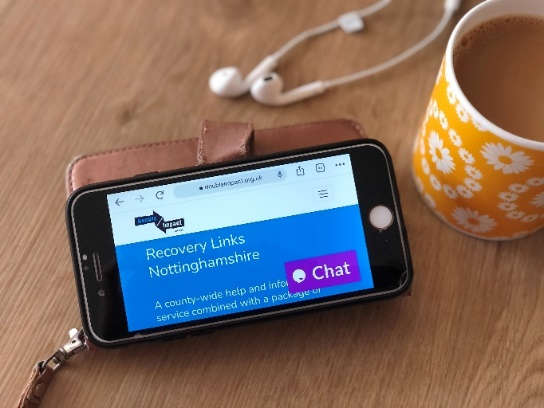Information we will see about you
If you contact us by phone we will be able to see your phone number, and we might use this under certain circumstances outline below. If you prefer to remain completely anonymous you might want to withhold your number before calling.
If you use the webchat service there’s information that is visible to us, including your IP address, which pages on our website you have visited and your approximate location (such as your town).
If you share your email address in order to receive a transcript of your chat, it will be visible to our support team.
We keep anonymised details of queries (like age, area postcode and query topic) to help us develop the service, and raise funds to keep it going.
Occasionally calls may be recorded for training or monitoring purposes and to support the development of the service. In these instances, personal information or any details that may identify the user are not collected or saved.
What we might ask you
With your consent, we may also invite you to share additional information for evaluation purposes and/or in order to provide effective advice to you:
- The name you would like us to call you
- Age
- Gender
- The regions or area you are getting in touch from
- Your own contact details (email or phone)
- Issues related to your own or loved one’s use of drugs and alcohol
- Whether you are a current or former Double Impact client
- Whether you have used the helpline/webchat service before
- Additional comments on your experience of using this service
Confidentiality
What is shared by you with us remains confidential. There are some rare circumstances under which we might need to share information about your contact with us.
Situations when confidentiality will be broken without your consent are:
- When a caller has informed the helpline that they have serious intent or injury and have acted to take their own (or someone else’s) life at this time.
- When a caller has informed the helpline that they have information or knowledge about current or future terrorist activities.
- When a caller has revealed that they are abusing a child or vulnerable adult.
For more information please see our: Helpline & Webchat Confidentiality Policy
For more information about how your data is treated, please see our: Privacy Policy
